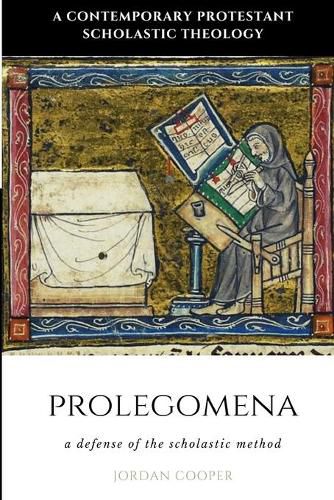Readings Newsletter
Become a Readings Member to make your shopping experience even easier.
Sign in or sign up for free!
You’re not far away from qualifying for FREE standard shipping within Australia
You’ve qualified for FREE standard shipping within Australia
The cart is loading…






Since the Luther Renaissance in the early twentieth-century, many scholars of the Reformation period have argued for a strong discontinuity between the early Protestant reformers and the following age of Protestant Scholasticism. Such a claim is exemplified by Radical Lutheranism, which purports that Luther’s theology is incommensurate with that of the scholastic movements of the seventeenth century. In this work, Jordan Cooper defends the scholastic approach as a genuine outgrowth of Reformation theology and offers a critique of the theological system of Radical Lutheranism. He does this through a thorough exposition of the method used by Martin Chemnitz, Johann Gerhard, and other post-Reformation thinkers. He demonstrates that the foundational metaphysical assumptions of the Lutheran scholastics are both consistent with the Reformation and necessary for the church today. This book is the beginning of a series titled A Contemporary Protestant Scholastic Theology.
$9.00 standard shipping within Australia
FREE standard shipping within Australia for orders over $100.00
Express & International shipping calculated at checkout
Since the Luther Renaissance in the early twentieth-century, many scholars of the Reformation period have argued for a strong discontinuity between the early Protestant reformers and the following age of Protestant Scholasticism. Such a claim is exemplified by Radical Lutheranism, which purports that Luther’s theology is incommensurate with that of the scholastic movements of the seventeenth century. In this work, Jordan Cooper defends the scholastic approach as a genuine outgrowth of Reformation theology and offers a critique of the theological system of Radical Lutheranism. He does this through a thorough exposition of the method used by Martin Chemnitz, Johann Gerhard, and other post-Reformation thinkers. He demonstrates that the foundational metaphysical assumptions of the Lutheran scholastics are both consistent with the Reformation and necessary for the church today. This book is the beginning of a series titled A Contemporary Protestant Scholastic Theology.